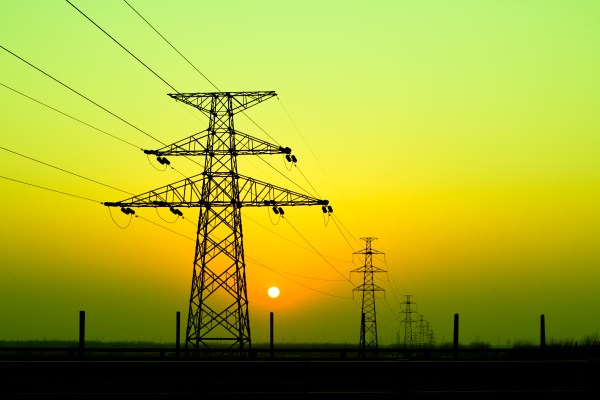Benjamin Ufaruna and Asehinde Oladipo met at one of Nigeria’s emerging technology development services companies in Abuja.
In the hard-charging startup world that the two men entered there was little time to remember the minutiae of everyday life — like paying bills on time.
“In the midst of our busy schedules we would try to find time to dash down to the electricity company to get electricity for the house,” Ufaruna said. Sometimes they wouldn’t make it in time.
“If they are closed you have to stay in darkness til Monday when they open,” said Ufaruna. “You have circumstances where people are traveling and they have to come to the utility and there are long queues.”
Some weekends, Ufaruna said he would see dozens of people milling around outside, waiting for the chance to get to the power company to pay their bills.
“It was that frustration that convinced us to do something about it,” Ufaruna said.
The men rallied utilities in Abuja to start working on the problem. Over the course of 2015, they pitched BuyPower, saying they would handle the cost of rolling out a payment service, all the utilities had to do was integrate with their software.
That proved to be a challenge in itself. “They had a very antiquated technology,” said Ufaruna. So with his partners, Ufaruna set about upgrading the back end of the utility’s payments system.
“We started doing the cleanup and that was the first layer of the challenge. It took us a half-year,” says Ufaruna.
By April of 2016, the co-founders had a product. They did a small email blast to their followers and rolled up their first 50 customers by the end of the day.
Now, the entrepreneurs have 40% of the paid electricity market in Abuja, all without spending a dime on marketing, according to Ufaruna.
Buypower is already generating $1 million in revenue a month, by charging utilities a percentage of every power purchase and a 50 cent fee for each transaction.
Only available to homes with net metering, who are pre-paying for electricity, BuyPower’s founders are already thinking about next steps and looking to expand into the water business.
“We’re going to expand the services that we have right now,” says Ufaruna. “Because we have this high engagement we don’t need to spend to acquire new business from the same customers.”
Roughly 35% of the company’s customers live in the suburbs surrounding Abuja, while another 50% are based in the capital itself.
“We have deep roots in two cities right now (Abuja and Jos) [and] we will expand beyond these cities after demo day and fundraising. Once we have integrated with all the utility companies in Nigeria, then we will go into our next vertical,” Ufaruna wrote in an email.
